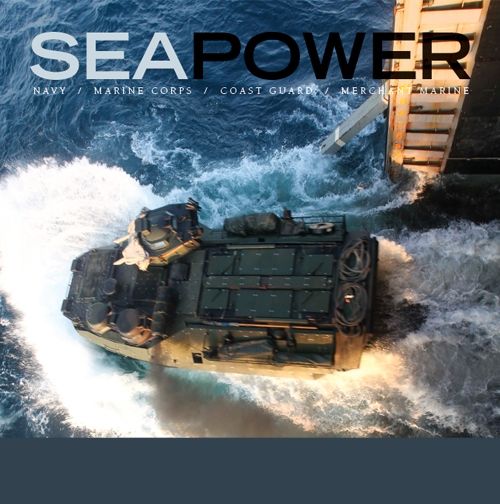I love contract season with the US Government because you get to see all of the cool projects being awarded.
CAMBRIDGE, MA — The U.S. military’s unmanned underwater vehicles (UUVs) depend on stealth as they conduct surveillance and reconnaissance and other missions in the deep oceans. With Global Positioning System (GPS) signals unable to penetrate the ocean’s surface, these UUVs can rely on inertial sensors to provide acceptable positioning information during short missions. On longer missions, however, inertial sensors accumulate error, forcing the vehicles to risk exposing themselves to enemies as they periodically surface to obtain a GPS fix.
The Defense Advanced Research Projects Agency (DARPA) is addressing this issue by funding the development of a small number of acoustic transmitters that can be anchored to fixed locations around ocean basins to serve as an undersea navigation constellation, according to a May 10 release by the Cambridge-based nonprofit company Draper.
By measuring its range to multiple signals emanating from known coordinates, an undersea vehicle can operate continuously with accurate navigation information without needing to surface for GPS fixes or to use high cost inertial systems that are typical of current UUVs. DARPA awarded a contract on March 15 to a Draper-led team to begin development of a solution for the Positioning System for Deep Ocean Navigation (POSYDON).










Comments are closed.